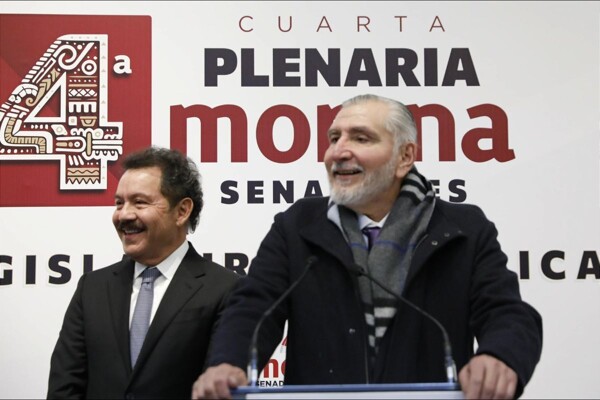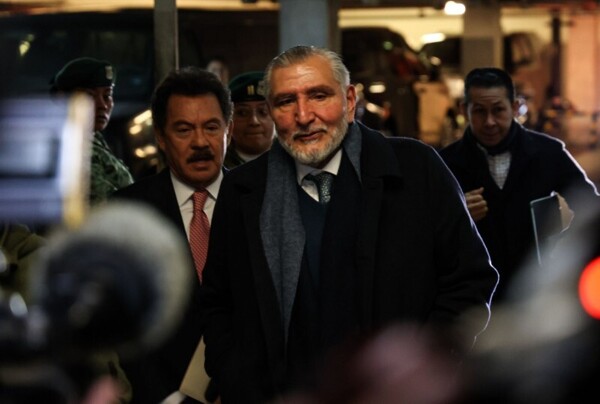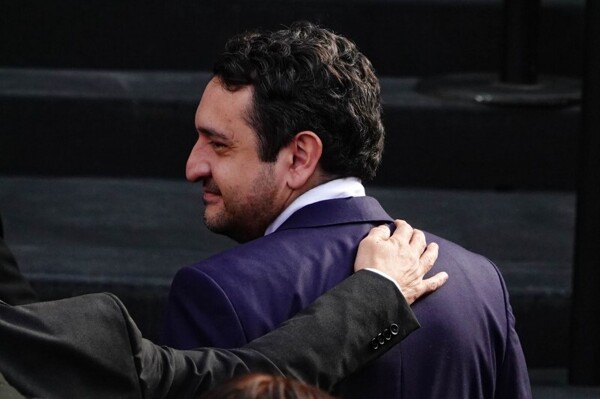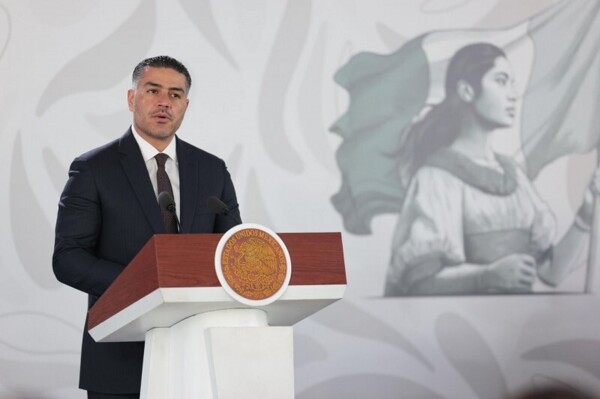
The current federal judicial election faces multiple challenges arising from a hastily approved electoral reform with a clear political motivation. This was stated by Marcela Ávila Eggleton, an academic and specialist in electoral matters. Ávila explained that this reform forced both the INE and local public electoral bodies to adapt quickly, creating a complicated process in both its organization and in citizens' understanding.
"Little thought was given to the administrative and operational side of the electoral process," noted Ávila. She warned that the number of positions and candidacies at stake is overwhelming for most voters, reflecting low interest and a lack of clarity about what is being elected and the functions of each position. This is compounded by the lack of accessible public information, as many candidacies have not uploaded any documentation to the available official platforms.
Regarding campaigns, Ávila observed that they seem more like a popularity contest than a process for selecting technical profiles, assessing knowledge, professionalization, and backgrounds. This is due to the informal strategies that some candidates have adopted on social media to gain public recognition.
Regarding citizen participation, she agreed that the expectation is for low turnout at the polls. Participation will be largely mediated by the mobilization capacity of the Morena governments, as they are the promoters of these changes. Finally, regarding the legislative challenges in Querétaro, she highlighted that the local Congress has the task of harmonizing the state law with the federal reform, a challenge that combines technical and political aspects. Efforts must be made to mitigate the negative effects of the federal reform to protect democratic solidity.














